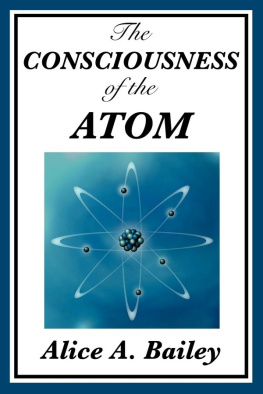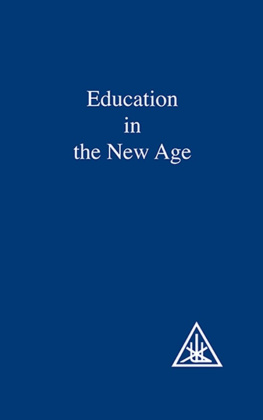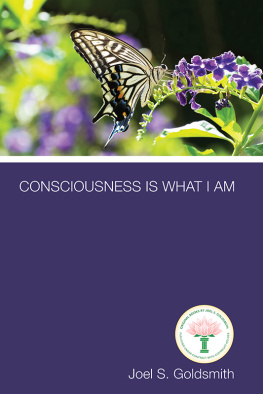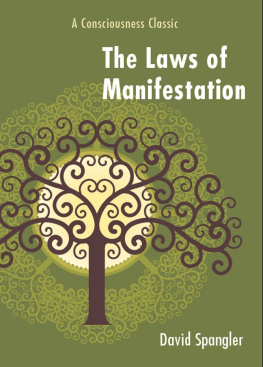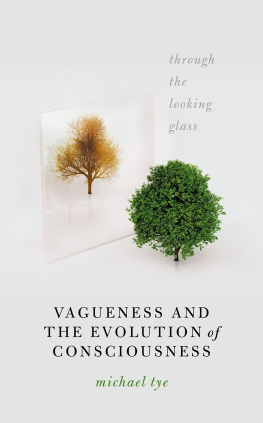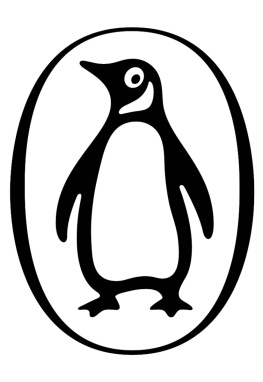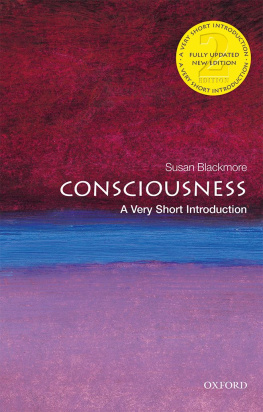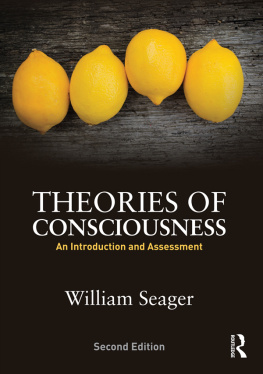The Consciousness of the Atom
By Alice A. Bailey
Start Publishing LLC
Copyright 2012 by Start Publishing LLC
All rights reserved, including the right to reproduce this book or portions thereof in any form whatsoever.
First Start Publishing eBook edition October 2012
Start Publishing is a registered trademark of Start Publishing LLC
Manufactured in the United States of America
10 9 8 7 6 5 4 3 2 1
ISBN 978-1-62558-319-2
FORWARD
The lectures here presented were delivered in New York during the past winter. The purpose of this series was to present to their auditors the testimony of science as to the relation of matter and of consciousness; to enable the hearers to observe the identical manifestation of these relations and of certain basic laws in successively higher states of being, and thus to bring to them a realization of the universality of the evolutionary process and its actuality; and to deal somewhat with the nature of the expanded states of consciousness and the enlarged life toward which all mankind is traveling. They thus were intended to serve as an introduction to the more detailed study and application of the laws of life and human enfoldment generally included in the term of occultism.
It will be observed that there is in this series a considerable amount of repetition, as each lecture briefly reviews the matters covered in the preceding addresses. As newcomers were present at each lecture in the series, it was found necessary on each occasion to present a birds eye view of the ground covered and the reasons for the position then taken. A further advantage was found in the fixing in the minds of the hearers of certain of these basic concepts which were new to many of them, and which helped to enable them to grasp and to receive readily the further expansion of the theme. In presenting the lectures in book form it has been deemed advisable to retain the complete text of the lectures as given. Those who are already students of the esoteric wisdom will be able to follow the line of the argument of the lectures without difficulty. For those however, who for the first time approach the consideration of the matters here discussed, the occasional repetition of the fundamental points may help to a ready apprehension, and it is for this class of readers that the book is primarily intended.
ALICE A. BAILEY
September, 1922.
LECTURE I.
THE FIELD OF EVOLUTION.
There has probably never been a period in the history of thought entirely resembling the present. Thinkers everywhere are conscious of two things, first, that the region of mystery has never before been so clearly defined, and secondly, that that region can be entered more easily than has hitherto been the case; it may, therefore, perhaps be induced to render up some of its secrets if investigators of all schools pursue their search with determination. The problems with which we are faced, as we study the known facts of life and existence, are susceptible of clearer definition than heretofore, and though we do not know the answer to our questions, though we have not as yet discovered the solution to our problems, though no panacea lies ready to our hand whereby we can remedy the worlds ills, yet the very fact that we can define them, that we can point in the direction in which mystery lies, and that the light of science, of religion, and of philosophy, has been shed upon vast tracts which were earlier considered lands of darkness, is a guarantee of success in the future. We know so much more than was the case five hundred years ago, except in a few circles of wise men and mystics; we have discovered so many laws of nature, even though as yet we cannot apply them, and the knowledge of things as they are (and I choose these words very deliberately) has made immense strides.
Nevertheless, the mystery land still remains to be opened up, and our problems are still numerous. There is the problem of our own particular life, whatever that may be; there is the problem of that which is largely termed the Not-Self, and which concerns our physical body, our environment, our circumstances, and our life conditions; if we are of an introspective turn of mind, there is the problem of our particular set of emotions, and of the thoughts, desires, and instincts by which we control action. Group problems are many; why should there be suffering, starvation, and pain? Why should the world as a whole be in the thrall of the direst poverty, of sickness, of discomfort? What is the purpose underlying all that we see around us, and what will be the outcome of world affairs, viewing them as a whole? What is the destiny of the human race, what is its origin, and what is the key to its present condition? Is there more than this one life, and is the sole interest to be found in that which is apparent and material? Such queries pass through all our minds at various times, and have passed through the minds of thinkers right down through the centuries.
There have been many attempts to reply to these questions, and as we study them, we find that the answers given fall into three main groups, and that three principal solutions are held out for the consideration of men. These three solutions are:
First, Realism. Another name for this school is that of Materialism. It teaches that the presentation which we have in consciousness of an external world is true; that things are what they seem; that matter and force, as we know them, are the only reality, and that it is not possible for man to get beyond the tangible. He should be satisfied with facts as he knows them, or as science tells him they are. This is a perfectly legitimate method of solution, but for some of us it fails in that it does not go far enough. In refusing to concern itself with anything except that which can be proven and demonstrated it stops short at the very point where the enquirer says, that is so, but why? It leaves out of its calculation much that is known and realised as truth by the average man, even though he may be unable to explain why he knows it to be true. Men everywhere are recognising the accuracy of the facts of the realistic school, and of material science, yet at the same time they feel innately that there is, underlying the proven objective manifestation, some vitalising force, and some coherent purpose which cannot be accounted for in terms of matter alone.
Secondly, there is the point of view which we can best, perhaps, call supernaturalism. Man becomes conscious that perhaps, after all, things are not exactly what they seen to be, and that there remains much which is inexplicable; he awakens to the realisation that he himself is not simply an accumulation of physical atoms, a material something, and a tangible body, but that latent within him is a consciousness, a power, and a psychic nature which link him to all other members of the human family, and to a power outside himself which he must perforce explain. This it is which has led, for instance, to the evolution of the Christian and Jewish point of view, which posits a God outside the solar system, Who created it, but was Himself extraneous to it. These systems of thought teach that the world has been evolved by a Power or Being Who has built the solar system, and Who guides the worlds aright, keeping our little human life in the hollow of His hand, and sweetly ordering all things according to some hidden purpose which it is not possible for us, with our finite minds, to glimpse, still less to understand. This is the religious and supernatural point of view, and is based on the growing selfconsciousness of the individual, and in a recognition of his own divinity. Like the point of view of the realistic school, it embodies only a partial truth, and needs to be complemented.
The third line of thought we might call the Idealistic. It posits an evolutionary process within all manifestation, and identifies life with the cosmic process. It is the exact opposite of materialism, and brings the supernatural deity, predicated by the religionist, into the position of a great Entity or Life, Who is evolving through, and by means of, the universe, just as man is evolving consciousness through the medium of an objective physical body.

